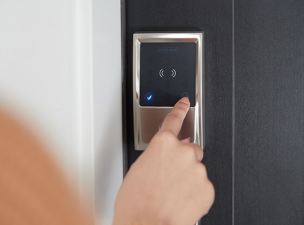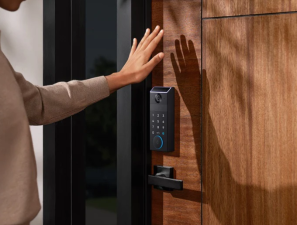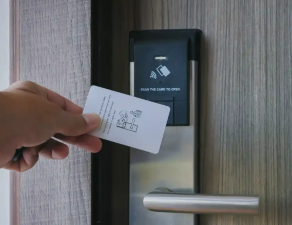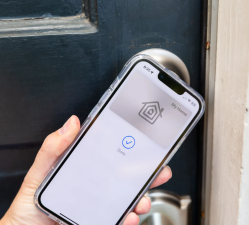The security performance of smart door locks has always been a hot topic of concern, after all, it is directly related to the safety of the family.
The security performance of smart door locks has always been a hot topic of concern, after all, it is directly related to the safety of the family.

The security of smart door locks is mainly reflected in several aspects:
-Identification method
-Anti-theft function
-Emergency processing
-Data security.

Identification method
Smart door locks usually use multiple unlocking methods such as fingerprint, password, card, and face recognition. Fingerprint and face recognition are more secure because they belong to biometric technology and are difficult to copy or steal. In particular, some high-end door locks have also added palm vein recognition technology, which is safer and more reliable by identifying the vein patterns inside the palm.

Anti-theft function
Smart door locks usually have an anti-pry alarm function. When someone tries to pry the lock or continuously enters the wrong password, the door lock will sound like an alarm to notify the user. High-level lock cores also improve the anti-theft ability of door locks. C-level lock cores are one of the most anti-theft lock cores on the market.

Emergency processing
Smart door locks are usually equipped with emergency power supply interfaces and mechanical keyholes for emergency use. If the door lock is out of power or fails, users can use emergency power or mechanical keys to open the door lock.
Data security
Data security is also an important consideration for smart door locks. Modern smart door locks use encryption technology to protect users' biometric information and unlocking records to prevent data from being stolen by hackers.
In general, the security performance of smart door locks is relatively excellent, but when choosing, you still need to consider factors such as identification method, anti-theft function, emergency response capability and data security.

